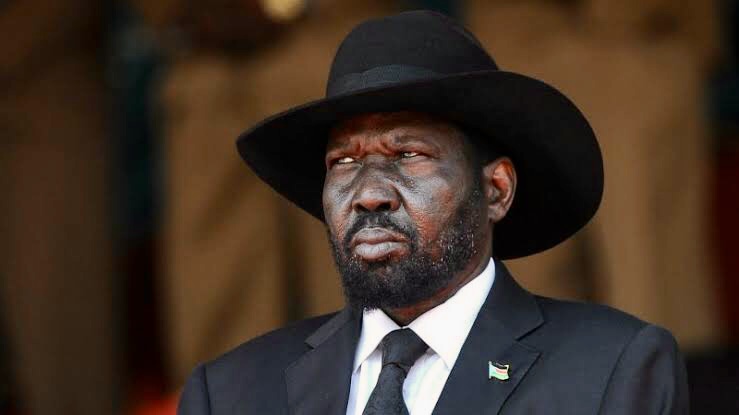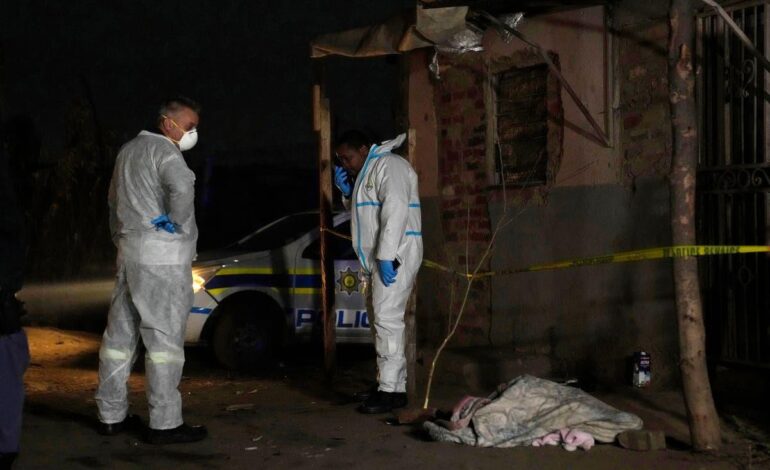
Faith Nyasuguta
For Senegalese farmers who struggle to read or write, sending voice notes has unlocked a new world of collaboration across the industry.
Ousmane Sambou, a farmer in Senegal, relied on what he learned from his father and village elders to make a living until 2015, when a colleague introduced him to a local WhatsApp group.
In it, users sent voice notes sharing the latest farming practices and tips for navigating environmental challenges.
Since then, Sambou has joined six other farming-related WhatsApp groups, and spends anywhere between 30 minutes and three hours a day exchanging voice notes with the other members.
“We share our experiences and challenges, and learn about practices like organic fertilizers and how to fight pests without chemicals,” he said. WhatsApp has changed the way Sambou farms, thanks to its voice notes feature.
In a nation where nearly half the population cannot read or write, WhatsApp voice notes have become a vital tool for farmers to collaborate and access information in local languages to improve their produce.
Low literacy in Senegal is as much of an intrinsic linguistic issue as an educational one, according to Sophie Nick, project engineer at Com4Dev, a social engineering organization that aims to improve development through communication innovations.
“Across Africa, people function orally because the languages aren’t really written,” Nick said. Despite French being the official language of Senegal, most people in the country speak Wolof, Pulaar, or Diola. These languages are primarily oral and not written, said Nick. Nor do they have a phone keyboard adapted to the languages’ intricacies.
Sambou finds one WhatsApp group particularly useful. Its nearly 50 members discuss a range of farming practices, and broadcast weather updates and information on training sessions.
It is part of a 15,000-member-strong network of 32 other groups across Senegal, which connects farmers to agricultural advisors, researchers, and local NGO representatives. “WhatsApp is our primary source of communication,” Absa Babacar Mbodj, the group’s coordinator, said. “It’s the quickest way for farmers to access information. It’s innovating.”
Senegal currently has approximately one agricultural advisor for every 10,000 farmers, researcher Raphaël Belmin told Rest of World. He believes the use of WhatsApp voice notes could help fill the gaps in training and education in the country.
Particularly in 2022, the use of voice notes among Senegalese farmers proved effective, when the Russia-Ukraine war erupted. Following the conflict, the prices of some fertilizers in Senegal increased fivefold.
Faced with the possibility of producing less food for an already food-insecure nation, the farming community began looking for alternatives. WhatsApp voice notes were a crucial link in this process: Farmers used the feature to discuss cheaper options for fertilizers across their network of groups.
The Senegalese agency for agricultural advice also created detailed voice messages on the technique for a potent homemade fertilizer, popularized by Latin American researcher Jairo Restrepo Rivera.
The agency shared the voice notes on at least 40 WhatsApp groups, Ancar technician El Hadji Abdoulaye Biteye revealed. “It gives great results when you put it on the crops,” Biteye said, adding that some farmers reported yield increases of 30% and less crop spoilage compared to synthetic fertilizer.
Farmer Aristide Diatta said he downloaded WhatsApp because sending voice notes is cheaper than calling, and that it also overcomes the unreliable signal issues in rural Senegal.
“You can say what you need to, and they’ll receive it when they’re back online. I don’t need to wait for us all to have a signal,” said Diatta.
Moustapha Dienne, a Senegalese smallholder, says WhatsApp has helped him shift to more enterprising farming. “I use it to commercialize my production and find customers,” Dienne said. “Before, I would have to walk through the village looking for buyers. Now, I put my products in my WhatsApp status, and people contact me directly.”
Ousmane Coly, a fruit farmer in Casamance, echoes this sentiment. “I want to open myself to the world, I want to learn so many things, [and] any producer who wants to advance has to be on WhatsApp.”
“We all speak Wolof, Diola, and some Manding that are difficult to write. Voice notes let us carry on the dialogue.”
RELATED:




